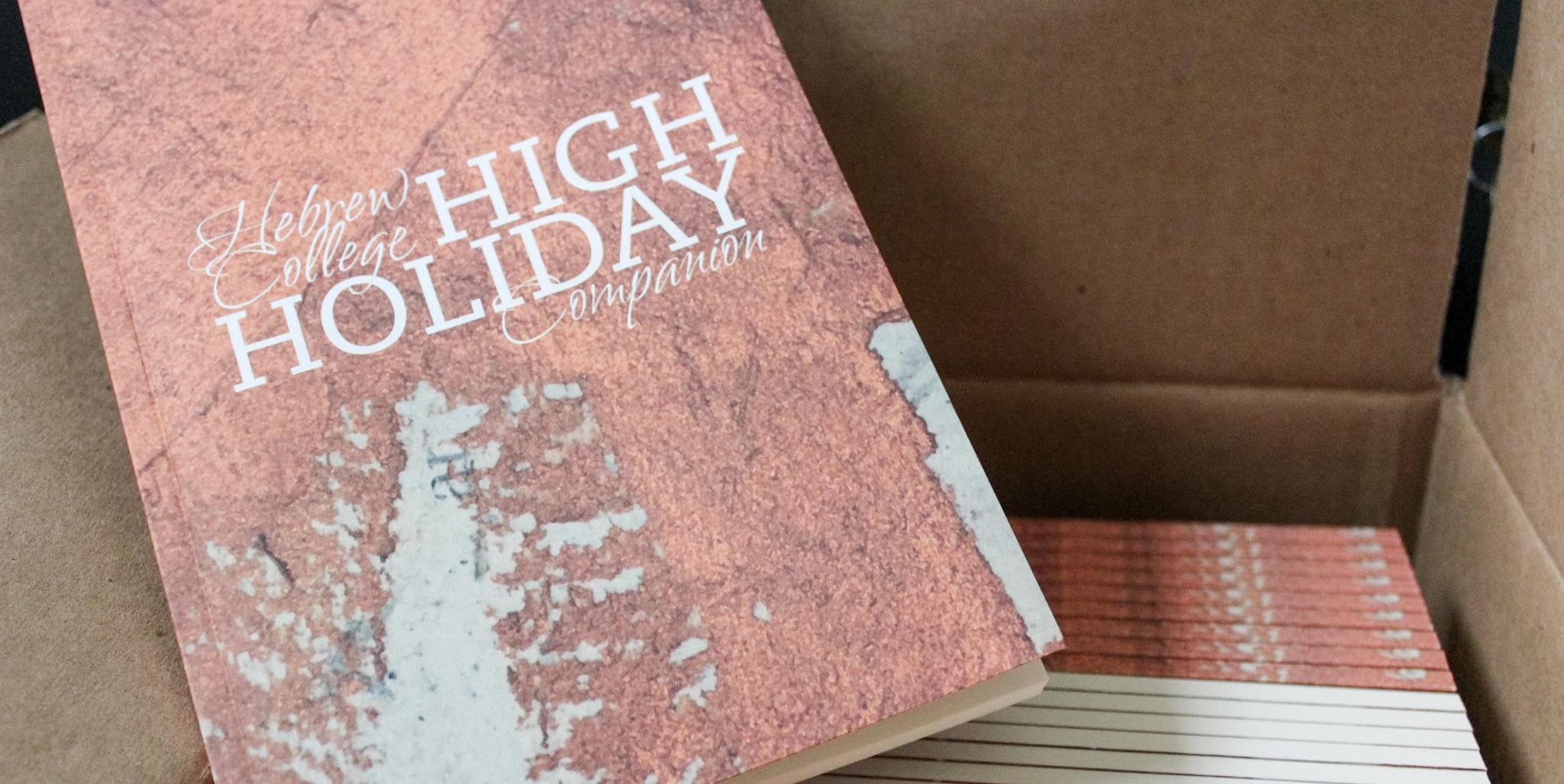Community Blog On Being Caught in the Thicket

This reflection is an excerpt from the Hebrew College High Holiday Companion, published in August 2017, for study and reflection during the High Holidays. Learn more and order your copy.
The ram’s horn is silent at first
As is the ram.
Caught in the thicket,
Waiting for Abraham to lift his head and see,
It appears at the last minute,
Out of nowhere,
When it’s almost too late.
Of course, it was there all along.
Since twilight
On the eve of the first Shabbat, we are told.
It was there before darkness fell.
(We barely knew what darkness was then.)
It was there all along.
Waiting for us to open our eyes.
Waiting for us to see another way.
It’s not just our stubbornness that blinds us.
Sometimes it’s the commanding voice of faith.
Sometimes it’s the commanding voice of despair.
And sometimes it’s the thicket itself.
The thorny, tangled overgrowth of our lives.
It’s not that we’re blind,
We’re just busy.
Schlepping the wood,
Tending the fire,
Building the altar,
Trying to quiet the children –
Trying to answer their questions –
Even though God knows
We can’t answer our own.
Up until the angel calls out, and Abraham looks up, up until the ram suddenly appears, caught in the thicket, the trajectory of the story – the tragic momentum of the story – seems irresistible, irreversible, inevitable. The sacrifice has to be offered. The child will have to die.
This is the power of the ram’s horn. It beckons us back to this moment in the story. No longer silent, it calls us back to the ram from which it came and asks us:
Think about the thicket of your own life. What possibilities have you not seen? Think about a story you are telling yourself – whose outcome you think you already know. What alternatives have you not noticed? And think about the path we are all on together. The altars at the end of the road. The children we love but seem prepared to sacrifice.
Look up. Listen.
Incline your heart, your ear
To the hollow, bent ram’s horn
Through which human breath becomes a summons and a blast.
What might we hear? How might we respond?
Rabbi Sharon Cohen Anisfeld is president of Hebrew College.

